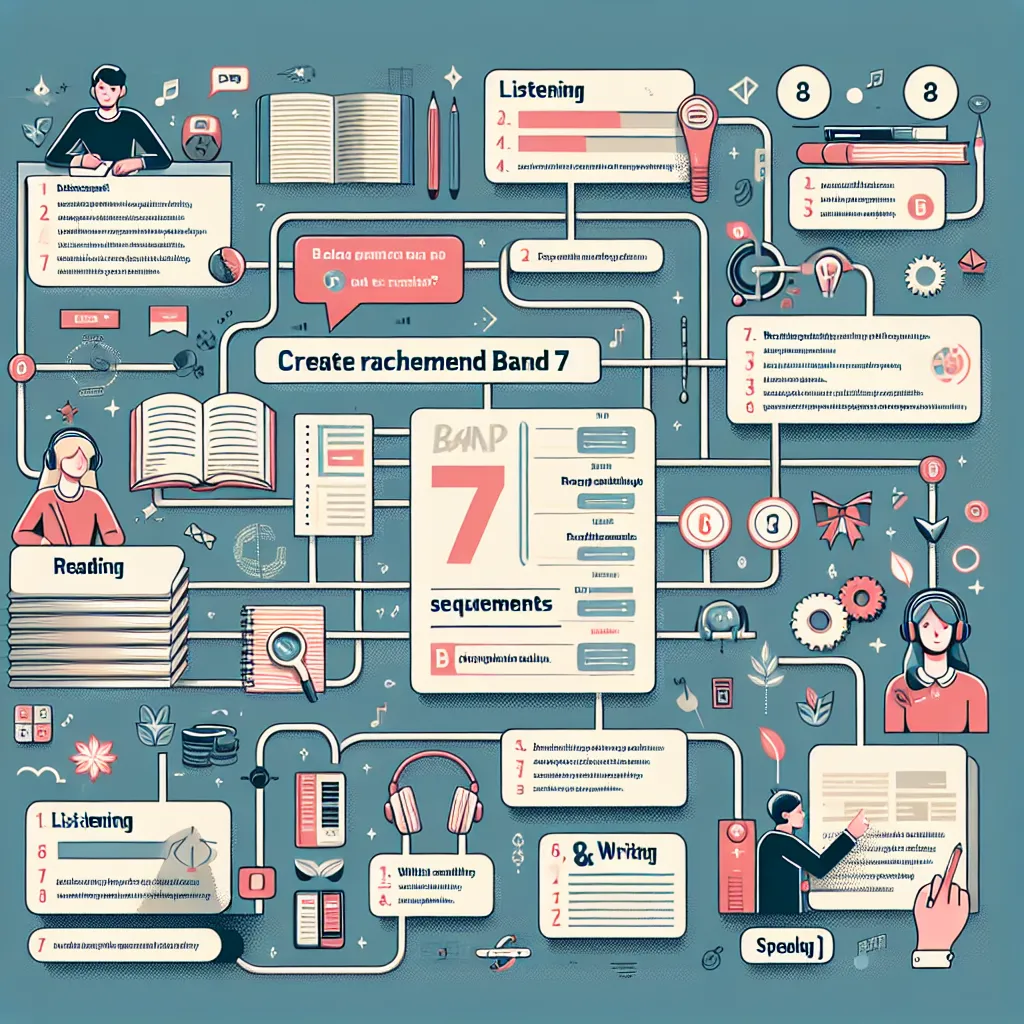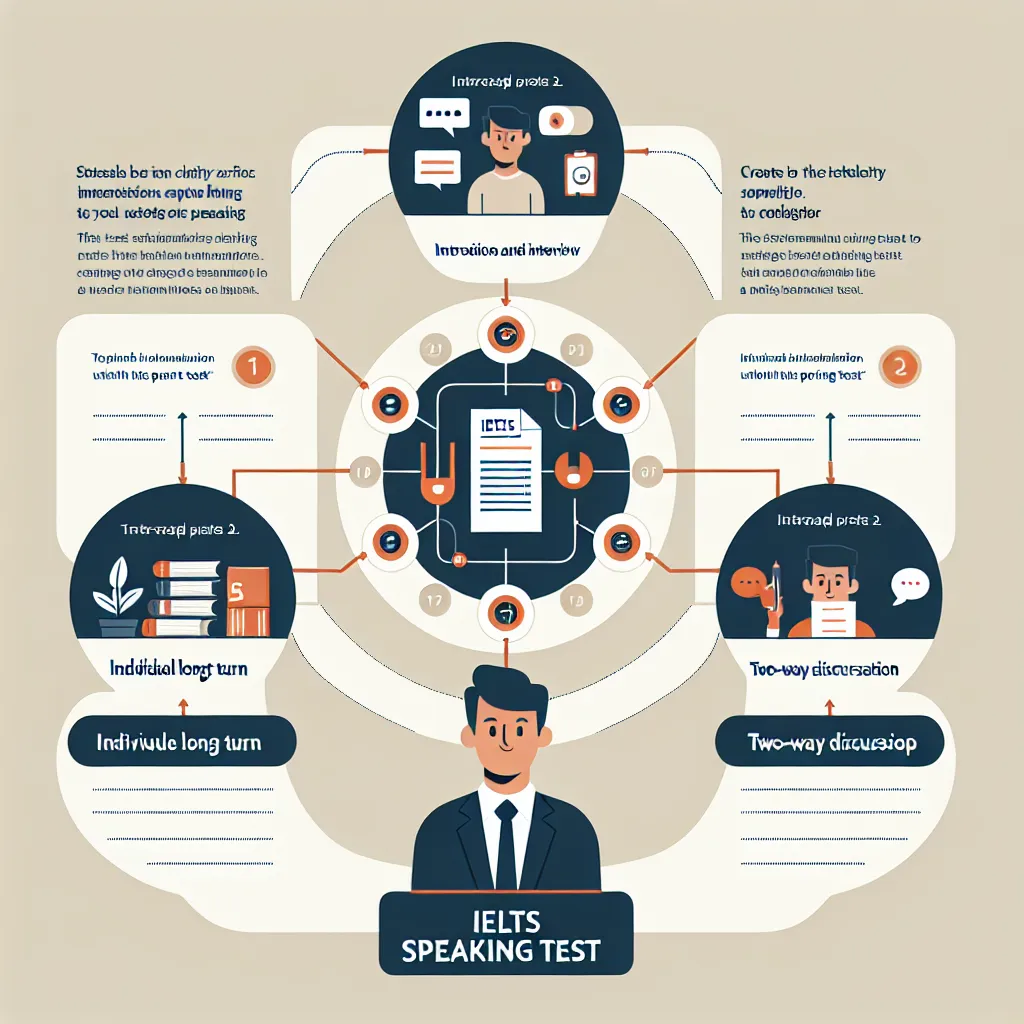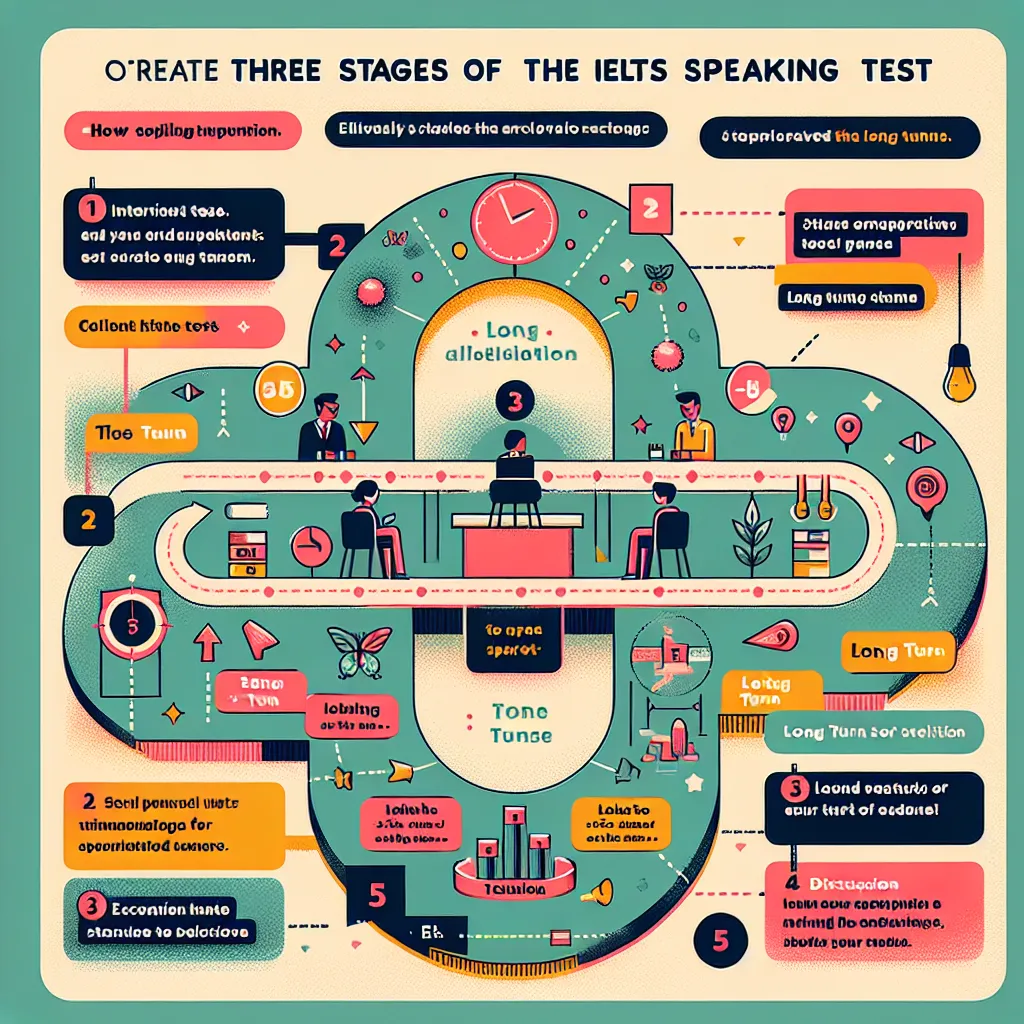Are you aiming for a Band 7 or higher in your IELTS exam? You’re not alone. Many test-takers aspire to achieve this impressive score, which can open doors to top universities and exciting career opportunities. In this comprehensive guide, we’ll explore the Best IELTS Study Tips For Band 7+, providing you with proven strategies to excel in all four sections of the test: Listening, Reading, Writing, and Speaking.
Understanding the IELTS Band 7+ Requirements
Before diving into specific study tips, it’s crucial to understand what a Band 7+ score entails. According to the IELTS band descriptors, a Band 7 candidate demonstrates the following:
- Listening and Reading: Consistent understanding of complex texts and conversations
- Writing: Clear and detailed responses with only occasional inaccuracies
- Speaking: Fluent communication with only occasional repetition or hesitation
Achieving these levels requires dedicated practice and strategic preparation. Let’s explore how you can reach your goal.
 IELTS Band 7 Requirements
IELTS Band 7 Requirements
Effective Study Strategies for Each IELTS Section
Listening: Train Your Ear for Success
-
Practice with diverse accents: Expose yourself to various English accents (British, American, Australian, etc.) through podcasts, news broadcasts, and TED Talks.
-
Take detailed notes: Develop your note-taking skills to capture key information quickly and accurately.
-
Focus on specific question types: Familiarize yourself with different question formats (multiple choice, matching, sentence completion) and practice targeted exercises for each.
-
Use official IELTS practice tests: Regularly attempt full-length listening tests under timed conditions to build stamina and improve time management.
Reading: Enhance Your Comprehension and Speed
-
Develop skimming and scanning techniques: Practice quickly identifying main ideas and locating specific information within texts.
-
Expand your vocabulary: Build a strong academic word bank using resources like the Academic Word List and contextual learning from practice tests.
-
Practice time management: Allocate specific time limits for each passage and stick to them rigorously during practice sessions.
-
Analyze question types: Understand the nuances of different question formats (True/False/Not Given, matching headings, summary completion) and develop strategies for each.
Writing: Craft Clear and Coherent Responses
-
Master task achievement: Ensure you fully address all parts of the question in both Task 1 and Task 2.
-
Develop a range of complex structures: Incorporate a variety of sentence structures and advanced grammatical forms in your writing.
-
Use cohesive devices effectively: Practice linking your ideas smoothly using appropriate transition words and phrases.
-
Time your practice: Regularly write full essays under test conditions to improve your speed and efficiency.
-
Seek feedback: Have your writing evaluated by a qualified IELTS tutor or use reliable online writing evaluation services.
Speaking: Communicate with Confidence and Fluency
-
Expand your topic knowledge: Read widely on various subjects to build your ability to discuss a range of topics fluently.
-
Practice speaking daily: Engage in English conversations regularly, even if it’s just talking to yourself or recording your responses to practice questions.
-
Work on pronunciation: Focus on stress, intonation, and individual sound production to enhance your clarity.
-
Develop strategies for each part: Prepare techniques for the introduction, cue card, and discussion sections of the speaking test.
-
Record and analyze your responses: Listen to your practice sessions to identify areas for improvement in fluency, vocabulary, and grammar.
 IELTS Study Strategies
IELTS Study Strategies
Essential IELTS Study Resources for Band 7+
To achieve a Band 7+ score, it’s crucial to use high-quality study materials. Here are some recommended resources:
-
Official IELTS Practice Materials: Published by Cambridge English, these books contain authentic test papers and are essential for understanding the exam format.
-
Online practice platforms: Websites like IELTSx and Road to IELTS offer interactive exercises and mock tests.
-
Vocabulary building tools: Use apps like Magoosh IELTS Vocabulary Flashcards or Quizlet to expand your academic word bank.
-
Grammar reference books: “English Grammar in Use” by Raymond Murphy is an excellent resource for refining your grammar skills.
-
IELTS-focused podcasts: “IELTS Energy” and “IELTS Podcast” provide valuable tips and strategies for all sections of the test.
Time Management and Study Planning
Effective time management is crucial for IELTS success. Here’s how to structure your study plan:
-
Set realistic goals: Determine your current band score and set incremental targets towards your Band 7+ goal.
-
Create a study schedule: Allocate specific time slots for each IELTS section, ensuring balanced practice across all skills.
-
Use the Pomodoro Technique: Study in focused 25-minute intervals with short breaks to maintain concentration and productivity.
-
Track your progress: Regularly assess your performance using practice tests and adjust your study plan accordingly.
-
Balance intensive study with relaxation: Allow time for rest and other activities to prevent burnout and maintain motivation.
Common Pitfalls to Avoid
As you strive for a Band 7+ score, be aware of these common mistakes:
-
Neglecting weaker skills: Ensure you dedicate sufficient time to improving all areas, not just your strengths.
-
Overreliance on templates: While useful, memorized phrases should be used sparingly and naturally in your responses.
-
Ignoring time limits: Always practice under timed conditions to build the stamina needed for the actual test.
-
Insufficient real-world English exposure: Complement your IELTS-specific practice with authentic English content consumption.
-
Overlooking test day strategies: Familiarize yourself with test day procedures and develop coping strategies for exam stress.
Next Steps: Putting Your IELTS Study Plan into Action
Now that you’re armed with these proven study tips for achieving a Band 7+ in IELTS, it’s time to put them into practice. Here’s how to get started:
-
Take a diagnostic test: Assess your current level and identify areas for improvement.
-
Create your personalized study plan: Based on your diagnostic results, design a schedule that targets your weak points while maintaining your strengths.
-
Gather your resources: Collect the recommended study materials and organize them for easy access.
-
Set up a study environment: Create a dedicated space for IELTS preparation, free from distractions.
-
Find a study buddy or join a study group: Collaborative learning can enhance motivation and provide opportunities for speaking practice.
-
Consider professional guidance: If you’re struggling to make progress on your own, consider enrolling in an IELTS preparation course or working with a qualified tutor.
Remember, achieving a Band 7+ score in IELTS is challenging but entirely possible with the right approach and consistent effort. Stay focused on your goal, remain patient with your progress, and celebrate small victories along the way. With dedication and these proven strategies, you’ll be well on your way to IELTS success.
We’d love to hear about your IELTS journey and any additional tips you’ve found helpful. Share your experiences in the comments below, and don’t forget to check out our other articles on IELTS preparation for more in-depth guidance on specific test sections and strategies.
[internal_links]




